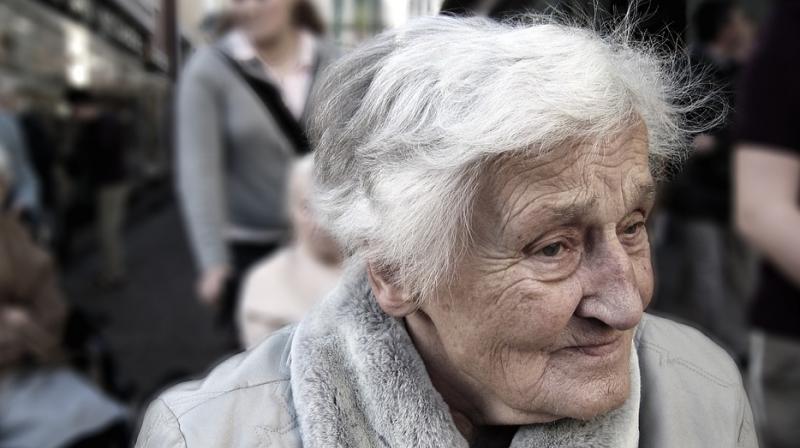Why older women are more prone to falls
Obesity is a primary factor.

Washington D.C.- A recent study was conducted to find if muscle weakness and obesity lead to falls in older women.
The researchers said that, as we age, many older adults will be at high risk for falls as obesity and muscle weakness also increase.
The findings have been published in the Journal of American Geriatrics Society.
Falls can be especially challenging for older people who are obese and who also have sarcopenia (the medical term for a loss of muscle strength as we age). Currently, 5 percent to 13 percent of adults older than 60 have sarcopenia. Those rates may be as high as 50 percent in people 80-years-old and older.
Older adults who gain weight may increase their risk for muscle weakness and falls. Obesity is a growing epidemic. More than one-third of adults 65-years-old and older were considered obese in 2010. Having sarcopenia and obesity, or "sarcopenic obesity," is linked to a decline in your ability to function physically, and to an increased risk of fractures.
A team of researchers suggested that it is important to identify people at risk for falls related to obesity and muscle weakness so that healthcare providers can offer appropriate solutions.
To learn more about sarcopenic obesity and its effects on falls in older women, the team reviewed information from the Women's Health Initiative (WHI). The full study includes health information--like weight, muscle mass, and experiences with falls--from more than 160,000 women aged 50 to 79 who were followed for more than 15 years. The researchers looked at results for 11,020 postmenopausal women.
The researchers concluded that out of the study participants, postmenopausal Hispanic/Latina women had the highest risk of falls related to sarcopenic obesity. They also noted that postmenopausal women younger than 65 were at a higher risk for falls connected to sarcopenic obesity.
Efforts to learn more about how women's bodies change after menopause will help healthcare professionals design potential solutions.

